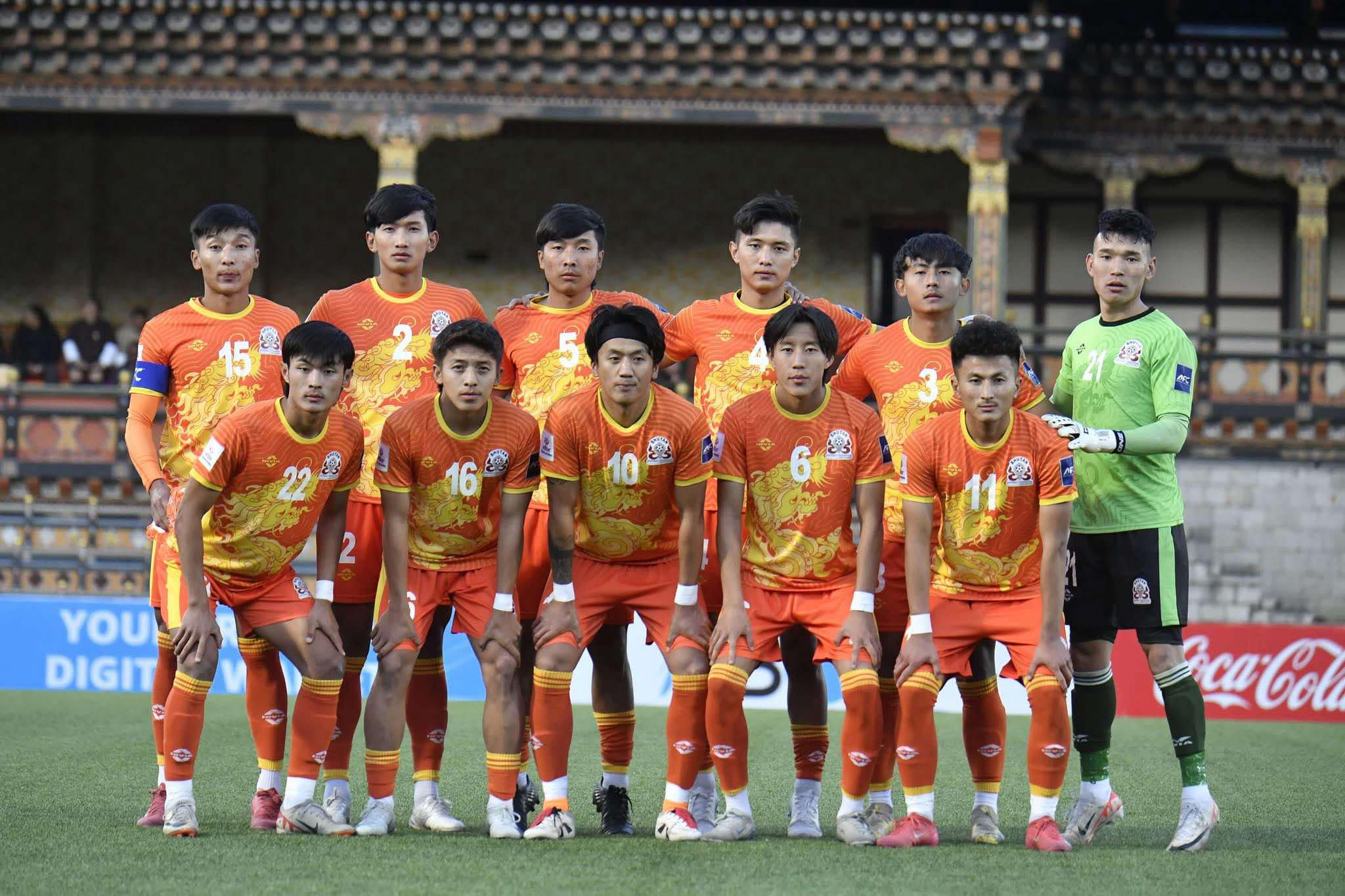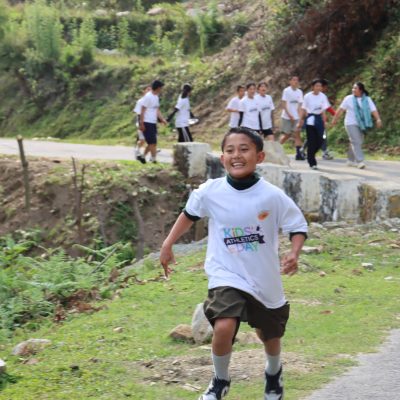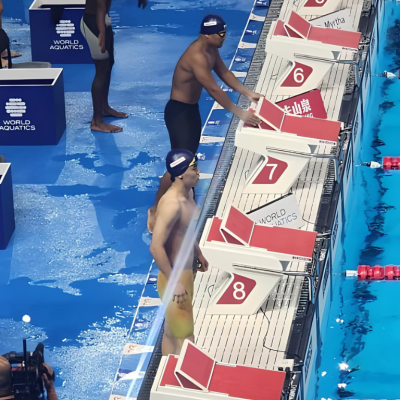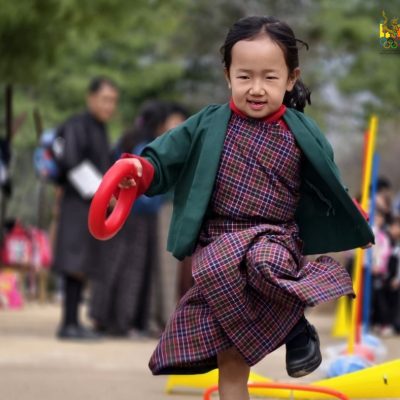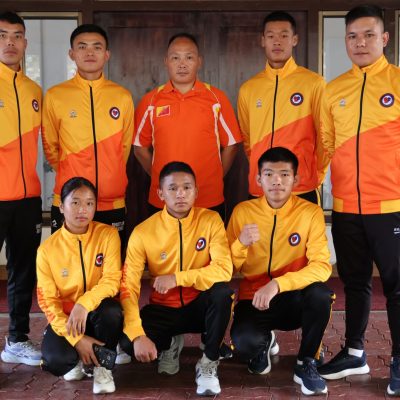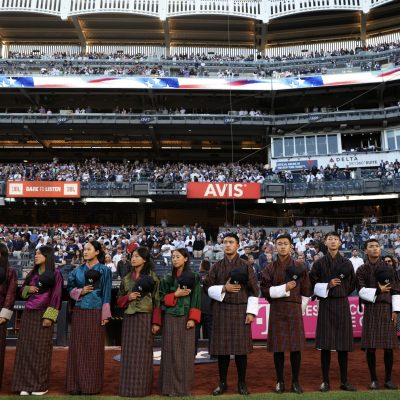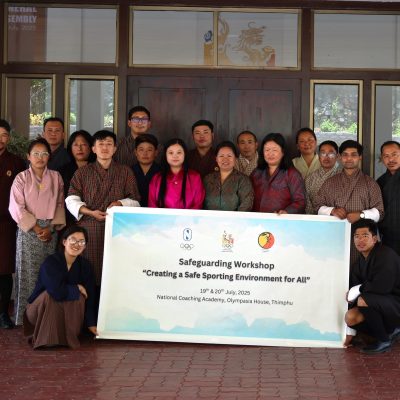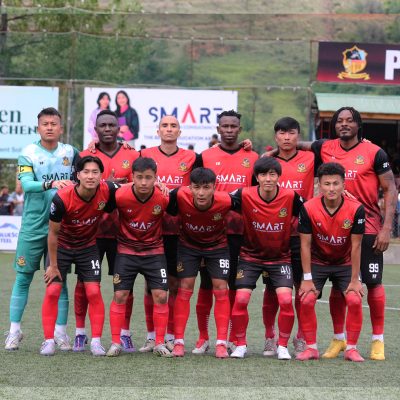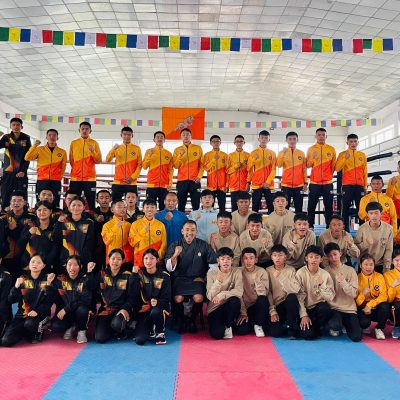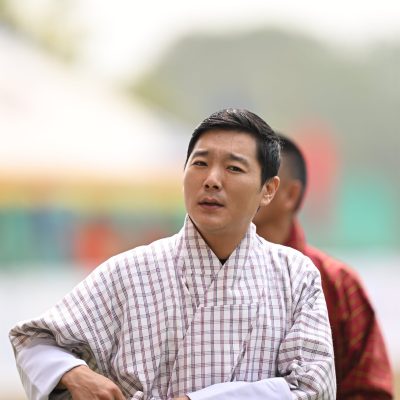Exclusive Interview with Tenzin N Jamphel
When the national anthem echoed through Changlimithang before Bhutan’s clash with Yemen, few watching from their screens or the stands knew that one of the players donning the dragon-emblazoned jersey had flown thousands of kilometers from the other side of the world — from the football fields of Perth, Australia — to stand shoulder to shoulder with his teammates.
He is currently based in Perth, Australia, continuing his studies — but even in a foreign land, the game never left him. Like many Bhutanese youths, he had set off in pursuit of higher education, yet football remained close to his heart. What makes his story special isn’t just that he made it back to the national team — it’s that he never really left. Football, for Tenzin, wasn’t a chapter. It’s the spine of his story.
Between balancing work, studies, and training in a faraway city, he kept showing up on the pitch — not just for himself, but for every Bhutanese kid who’s ever juggled a ball with a dream.
In this exclusive interview, captured through an online conversation with Victor Gurung, Media, Digital Innovation & Technical Lead Consultant, we go beyond the jersey and hear from the man himself — about growing up in Bhutan, finding football again in a distant land, and what it truly means to represent a country that’s never left his heart.
Tenzin, your journey has been inspiring — from playing barefoot as a kid to representing Bhutan and now juggling your football career in Perth, Australia. How did it all begin for you? What sparked that early love for football?
My journey in football began the way it does for most kids back home — in the streets, in the fields, anytime there was space to kick a ball. Football wasn’t just a sport; it was something we lived. I would join summer and winter coaching camps, and it was there that my passion became something bigger. Eventually, I was selected for the Bhutan Football Academy. I spent six years there, and those years made me who I am today. The call-up to the national team came after that, but it still feels like everything started on those dusty fields where the only thing that mattered was the love of the game.
Recently, we saw you on national duty in the match against Yemen. How did it feel to fly back home, wear the national jersey again, and represent Bhutan on the pitch?
It was emotional. Honestly, I don’t think words fully do it justice. Living in Perth, far from home, there are moments when you feel a bit removed from everything happening back in Bhutan — the football, the community, even the sense of being a part of something bigger. But the moment I stepped onto that pitch in Changlimithang, wearing that national jersey again… it was like everything came full circle. All those early morning training sessions before work, the sacrifices, pushing through days when I was tired — it suddenly all made sense. I wasn’t just a player anymore; I was someone representing my people, my roots, my country.
You’ve built a life in Australia. Balancing studies, work, and football must be a challenge. How do you manage it?
It’s definitely not easy. At times, it feels like I’m squeezing 30 hours into a 24-hour day. The biggest challenge is managing time between my studies, work, and making sure my training is up to the mark. But I think that’s what keeps me grounded. There’s no shortcut here—every hour put in is earned. I’ve learned to be more disciplined because unlike in Bhutan, there’s no academy structure waiting to guide you. You’ve got to show up for yourself every day.

Beyond your personal journey, you’ve been quite active in the Bhutanese football community in Perth. How has the football scene there shaped you?
It’s been everything. Moving away from home can feel lonely at times, but football has this way of connecting people. I’ve been actively involved in tournaments organized by Football Bhutan WA (FBWA), which was started by Acho Karan and a few others. It’s more than a game; it’s how we all stay together, how we remind ourselves who we are. These tournaments give identity and a sense of belonging, even thousands of miles away from home.
Karan Gurung, the president of Football Bhutan WA, seems to have had a great impact on your journey. How would you describe his role?
Acho Karan isn’t just a president — he’s a mentor, a friend, and someone who genuinely cares. His leadership has kept many of us in the game. When I moved to Perth, he was the one who made sure I immediately felt like part of a family. Through him, the Bhutanese football community here is not just surviving — it’s growing. He’s provided opportunities I don’t think we would’ve had otherwise.
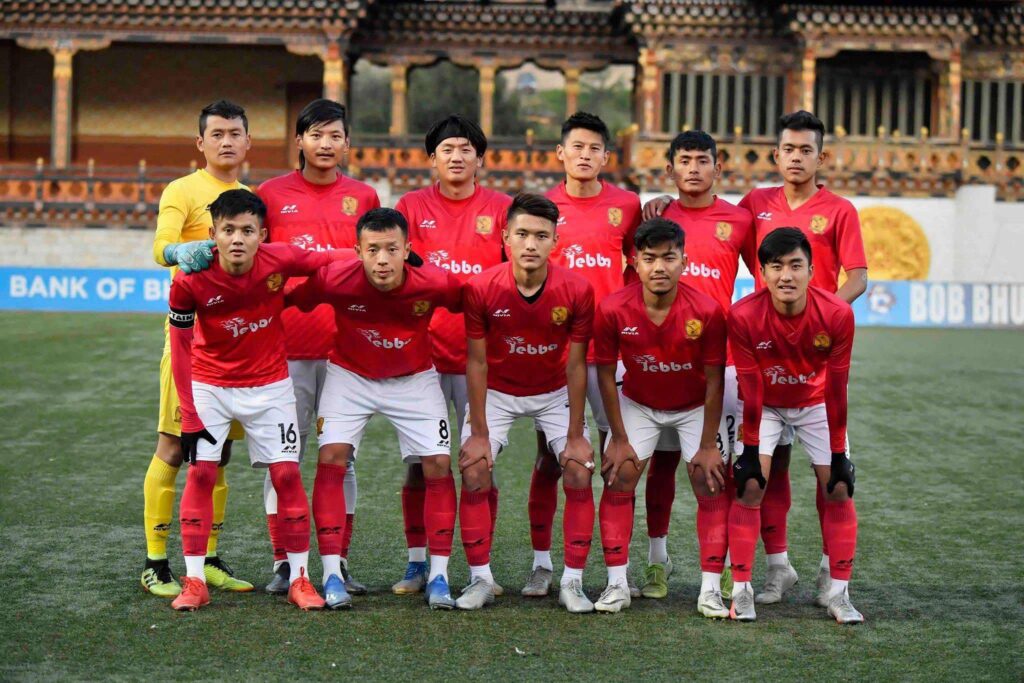
From your perspective, what changes would you like to see in the growth of football back home in Bhutan?
Bhutanese football is making great strides, and that makes me proud. But something I’ve noticed — and I say this as someone who spent years in the Academy — is the need for more exposure from an early age. Players in the Academy are talented, but they need to experience more competitive games outside Bhutan while they are still training. Getting that exposure earlier would make a huge difference. We’re on the right path, but playing against tougher opponents sharpens you like nothing else.
For young Bhutanese players who might be abroad or dreaming of the national team, what would you say to them?
Don’t give up just because life takes you elsewhere. Your address might change, but your dream doesn’t have to. Being far from home is tough; it tests you in ways you don’t expect. But living abroad also gives you strength and perspective. Use that. Train harder when no one is watching. Remember why you started. And never think you’re too far to represent your country. You’re never too far.

Can you share a moment in your career that felt like a turning point for you?
Scoring my first goal for Bhutan against Nepal — that’s something I carry with me everywhere I go. It wasn’t just about the goal. It was what it represented: every single sacrifice up till that point suddenly made sense. Winning silver at the South Asian Games was another defining moment. All the setbacks, the doubts — they suddenly became fuel instead of obstacles.
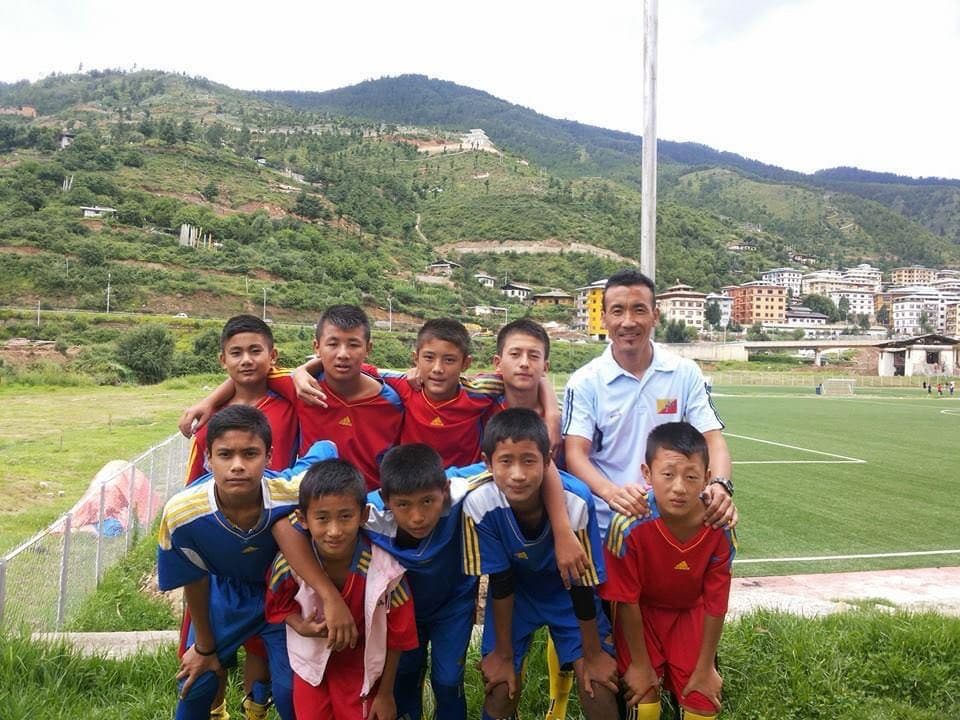
Australia must have taught you more than just football. How has this experience shaped you as a person?
Living in Australia, you grow up fast. You adapt quick or you fall behind — that’s how it works here. On the pitch, I learned to play in a system that demands speed and precision. Off the pitch, I learned to stand on my own two feet. Managing time, dealing with different cultures, learning to communicate better — these things made me stronger, not just as a footballer, but as a human being.
Lastly, what’s next for Tenzin N Jamphel — on and off the field?
For now, I’m focused on continuing to grow as a player. I want to give my best wherever I play — be it for my club or for the national team. But I also want young players to know that this isn’t the end for them if they move abroad. I want to inspire them to keep pushing, because if there’s one thing I’ve learned, it’s that your journey can take unexpected paths… but the dream stays the same.
Latest Updates and Insights
Discover our newest blogs, news, and announcements—curated just for you. Stay informed and inspired!
THE WORLDWIDE OLYMPIC PARTNERS


